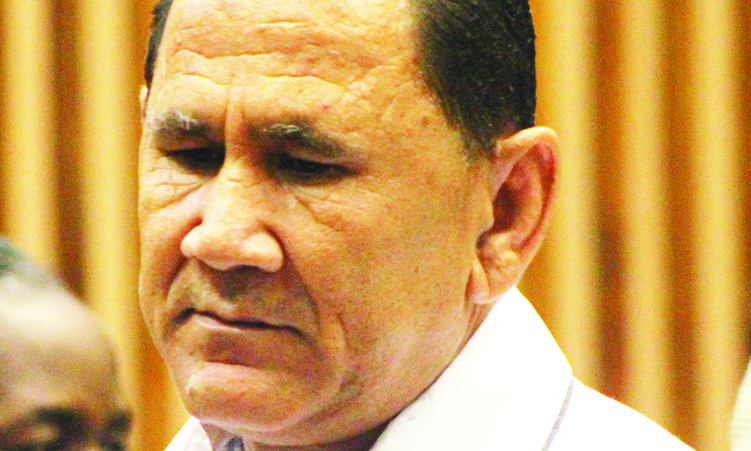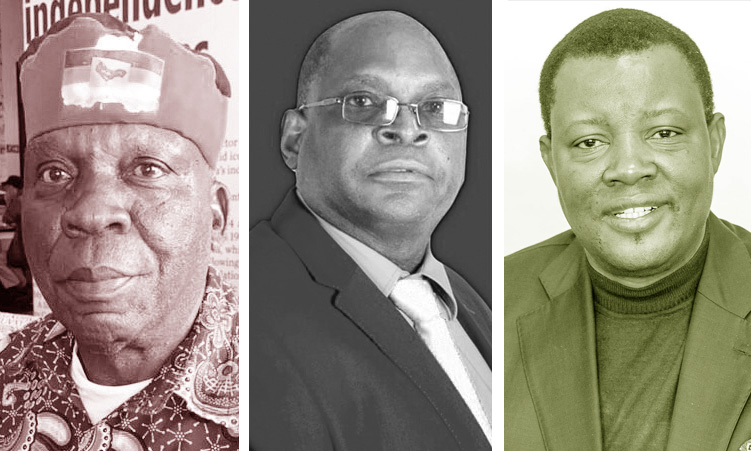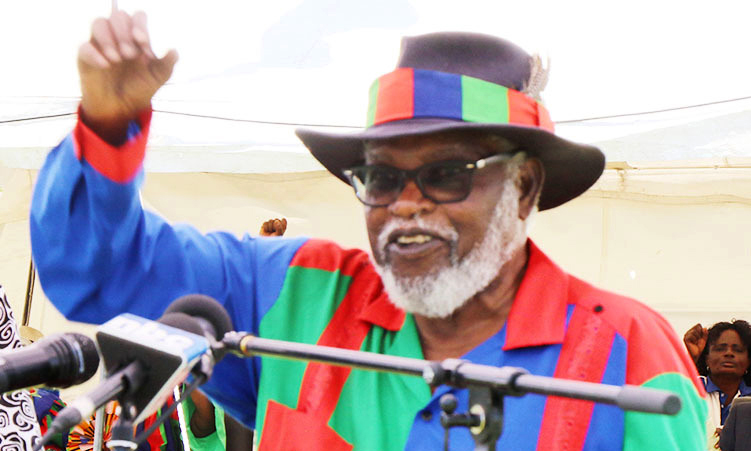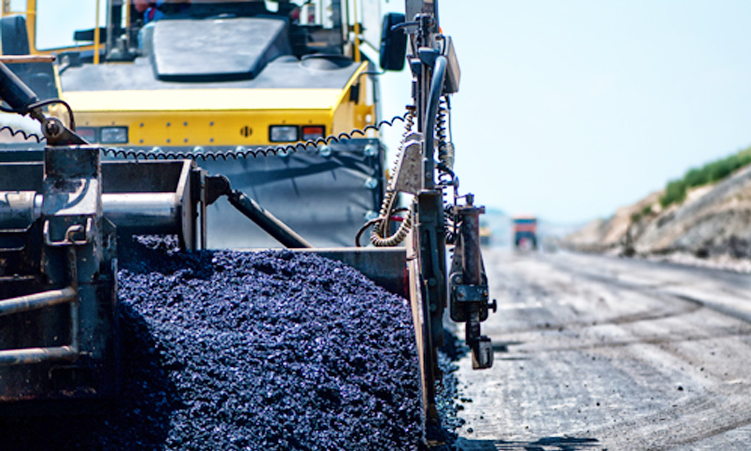•SHAUN WHITTAKER SHOULD people drink alcohol at any time in their lives after they suffer a (mild) traumatic brain injury or a concussion?
Research suggests that such people are at great risk of experiencing an alcohol blackout, irrespective of the amount of liquor they consume. So, these individuals should preferably not take any alcohol whatsoever. Even one or two glasses of alcohol could be perilous to them.
A concussion leads to the disruption or disconnection of some neurons, so the effect of the alcohol is greatly intensified for these people, and they are simply more sensitive to alcohol. Unfortunately, people are usually unaware of possible serious consequences after a head injury, of which alcohol-induced amnesia is among the most dangerous. And such a blackout can last from a few minutes to several hours.
Such individuals are more likely to engage in risky behaviour (such as fighting) when they are in that situation.
A 2012 study by TB Ray and others found that 11% of subjects reported having damaged property while experiencing an alcohol blackout, while 10,1% admitted getting into a physical fight, and 5,3% confessed harming someone else. And they did not remember anything the next day.
These people sometimes wake up the next day with bruises or bloody clothes, or come around in strange places, and find that their personal items are missing, etc. Despite the obliviousness caused by the liquor, consciousness remains, and people keep on functioning.
It should be highlighted that an injury to the front of the brain leads to problems with judgement and the inability to control impulses. Such people are more prone to extreme aggressiveness. Due to the alcohol, the prefrontal cortex exhibits even lesser activity, which is linked to worse decision-making ability and an increased possibility of violent behaviour.
The liquor intake also results in the diminishing of memory. The front of the brain does not only perform a vital role in the formation and recall of long-term memories, but is similarly involved in the retention of crucial aspects of an event.
The blackout causes the transfer of memories from the short to long-term memory to fail. Memory encoding is therefore impossible, and the person would not recollect what transpired the previous night. Alcohol seems to have a selective impact on particular brain systems, but interrupts vital brain receptors involved in memory and learning.
Although information is processed in the brain, no new memories are formed when a person is overly inebriated.
If someone chooses to take alcohol, he or she should only take in one drink per hour, as the rapid imbibing of too much alcohol leads to blackouts in any case, even if the individual did not suffer a head injury.
Furthermore, besides liquor being a poison, the combination of it and other chemicals (such as sleeping tablets or eye drops) are also likely to give rise to amnesia. Needless to say, such a mixture is extremely detrimental to those who were subjected to a concussion at some point in their lives.
Finally, drinkers who experience frequent blackouts, or even brownouts (fragmentary amnesia), should view that in a serious light as these could be a sign of brain damage. And they should find out if they ever experienced a traumatic injury, especially to the front of the head.
Stay informed with The Namibian – your source for credible journalism. Get in-depth reporting and opinions for
only N$85 a month. Invest in journalism, invest in democracy –
Subscribe Now!






